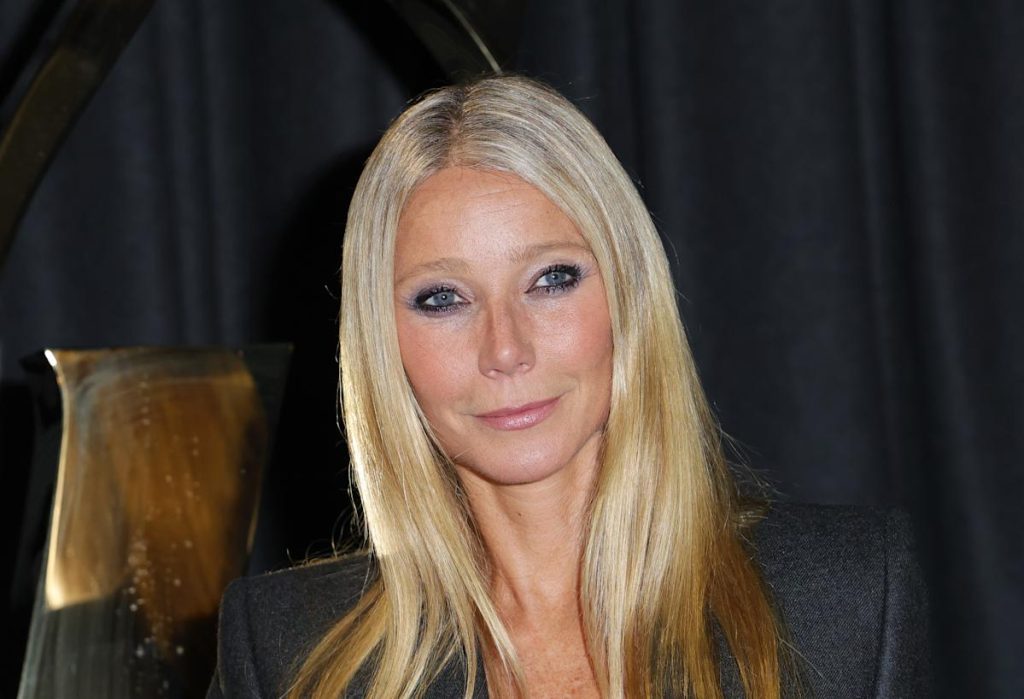Since the #MeToo movement emerged in 2017, intimacy coordinators have gained prominence on film and television sets, playing a crucial role in creating a safe environment for actors and crew during intimate scenes. However, their presence has sparked some debate.
While many actors, including Ewan McGregor, Emma Stone, and Jonathan Bailey, have acknowledged the value of having intimacy coordinators on set, some have expressed that their presence might not be universally necessary.
Gwyneth Paltrow recently mentioned to Vanity Fair that she was not aware of intimacy coordinators prior to filming sex scenes with Marty Supreme co-star Timothée Chalamet. She recalled being surprised at a coordinator’s inquiry about her comfort level with a specific action on set.
Paltrow and Chalamet ultimately felt they could proceed with limited oversight. “We said, ‘I think we’re good. You can step a little bit back,’” she reflected, noting that although younger actors may benefit from such guidance, she found a coordinator’s detailed direction constraining.
Similarly, Mikey Madison, who won an Oscar for her role in Anora, decided against utilizing an intimacy coordinator during filming, opting instead for a more streamlined approach to their intimate scenes.
Intimacy coordinators aim to manage on-set dynamics, ensuring that all participants feel comfortable and respected. Jessica Steinrock, CEO of Intimacy Directors and Coordinators, emphasized their role in fostering bodily autonomy and maintaining consent during filming. They address both the performers’ needs and work collaboratively with the entire crew to create a supportive environment.



